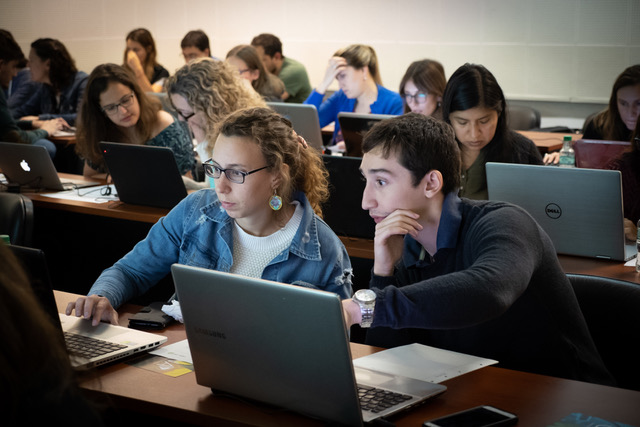A funding programme under the Global Challenges Research Fund (GCRF) to grow research capacity around the world
| UK Funders | BEIS via UKRI |
| Funding programme | Global Challenges Research Fund (GCRF) |
| Total UK investment | £225 million |
| Project dates | 2017-2021 |
| Countries of focus | 69 partner countries |
| Model/approaches to RCS | Embedded |
| Find out more | GCRF Growing research capability to meet the challenges faced by developing countries [PDF] |
Background
GROW is part of the wider £1.5 billion Global Challenges Research Fund (GCRF), which supports cutting-edge research and innovation that addresses global issues faced by LMICs. One of the focuses of the GCRF is to strengthen capability for research.
In 2016, GCRF launched a ‘Growing Research Capability’ call, otherwise known as GROW, to grow research capacity around the globe and to strengthen and broaden skills and expertise to address specific challenges of developing regions and countries. 37 projects have been successful in addressing 11 challenge areas across 69 partner countries. Each project is a collaboration between institutions in LMICs and the UK. The challenge areas fit under three themes:
1. Equitable access to sustainable development
2. Sustainable economies and societies
3. Human rights, good governance and social justice
Impacts
Across the 37 supported projects, a range of RCS impacts from individual, institutional and environmental/systems perspectives have been achieved. For example:
GCRF African SWIFT
The Science for Weather Information and Forecasting Techniques (SWIFT) programme aims to deliver a step change in African weather forecasting capability and communication to protect the lives and livelihoods of African people while improving the economies of their countries. Relevant impacts include:

CABANA
A capacity strengthening project for bioinformatics in Latin America that aims to accelerate implementation of data-driven biology in the region by creating a sustainable capacity-building programme. This has led to:
Sustainable provision of training
- The ‘Train the Trainer’ initiative has helped to transform scientists into effective and confident trainers to deliver sustainable training programmes in their own institutes and across CABANA’s network throughout Latin America – magnifying skills developed.
National and International collaborations
- CABANA consists of an international consortium of 10 organisations, nine in Latin America and one in the UK and has worked with civil society and government to inform them on the value of bioinformatics.

Success factors and lessons learned
- Inviting applications with an emphasis on challenge-focused rather than thematic area enabled the formulation of interdisciplinary teams to address development challenges.
- The 37 GROW projects are working on a wide range of challenges and utilising a range of RCS approaches
- Projects have worked with overseas partners to scope where capacity strengthening is most required to enable them to target their interventions.
Future vision

The 37 GROW projects are now in their final year and are being encouraged to consider legacy and sustainability.
